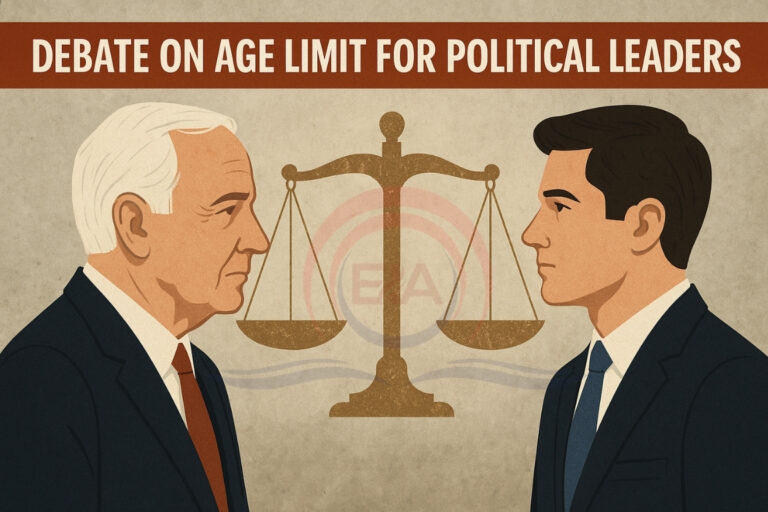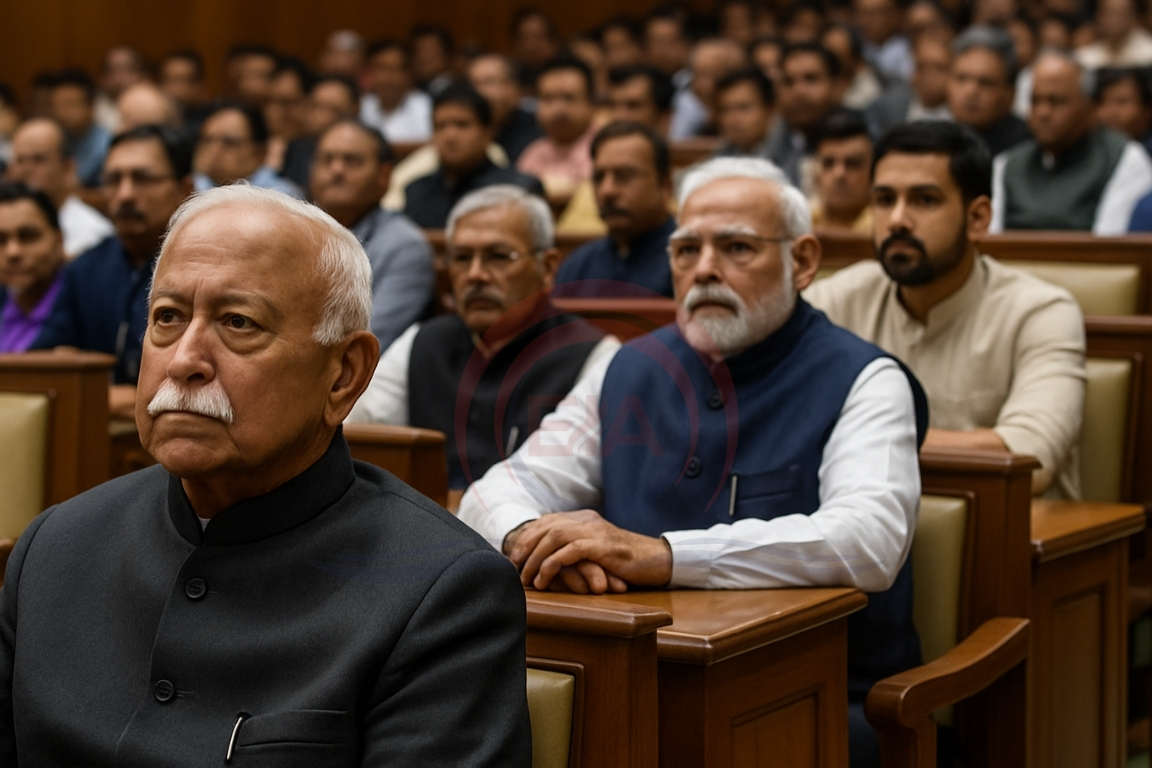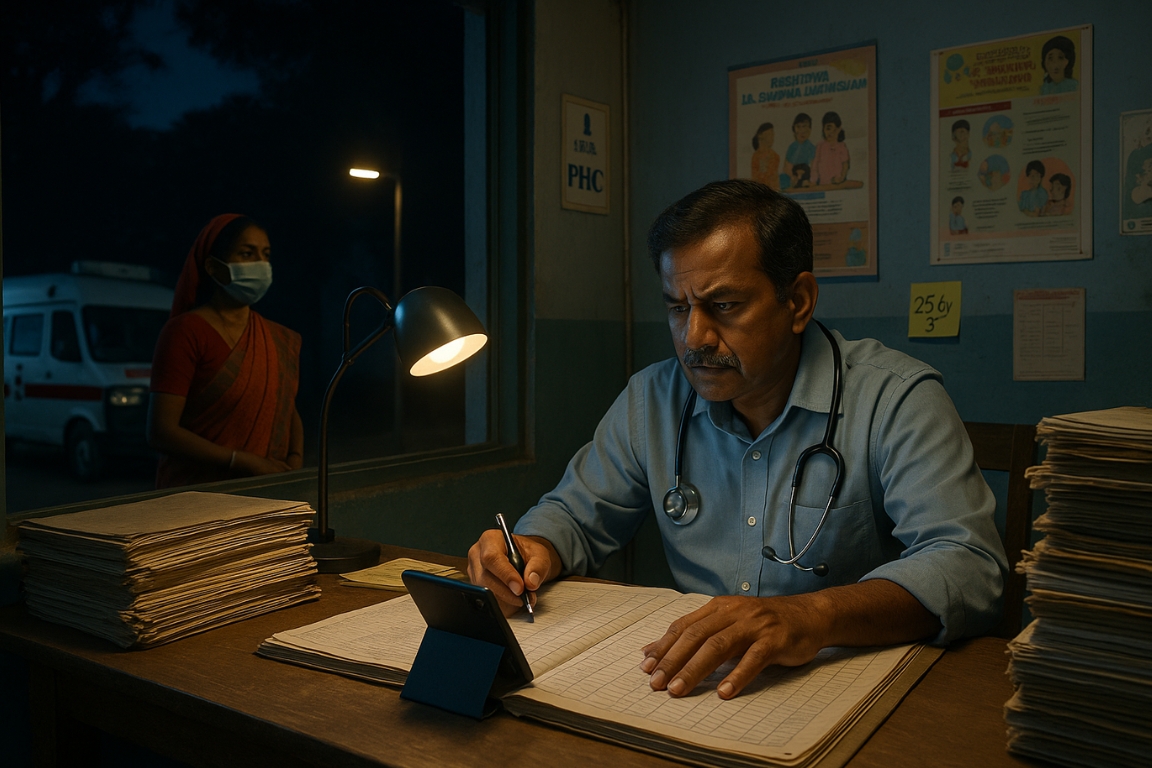RSS Chief Mohan Bhagwat recently suggested that leaders should retire at 75, sparking discussions. The comment is seen as significant since Prime Minister Narendra Modi will turn 75 in September 2025.
Are Political Systems Biased Towards Older Leaders?
- In many countries, including India, top political roles are often occupied by older leaders.
- Young leaders struggle to rise due to lack of control over party funds, structure, or influence.
- Older politicians tend to retain power for long, as seen with figures like Lalu Prasad and Mulayam Singh Yadav.
- Even globally, under 10% of elected representatives are below 35. In India, the average age of MPs has increased since 1952.
Do Voters Prefer Older or Younger Leaders?
- While younger MLAs or MPs are acceptable, most voters still prefer senior leaders for key roles like Chief Minister or Prime Minister.
- There’s no strong public demand for young leadership at the top, possibly due to belief in older leaders’ experience.

Does Younger Leadership Mean Better Governance?
- Countries like the U.K. have had dynamic young leaders, but no fixed pattern shows younger leaders always perform better.
- In India, older MPs show higher parliamentary attendance and ask more questions than younger ones.
- Research shows younger leaders focus more on jobs and infrastructure, while older ones may focus more on social schemes.
Should There Be a Retirement Age or Health Norms?
- There is no law on retirement age for political leaders in India.
- Public has the right to know about their leader’s health, especially if it affects governance, but transparency is rare.
- Constitutional provisions allow Governors to seek health reports of Chief Ministers, but such steps are rarely taken.
- Fixed age or term limits may not always solve the issue—as seen in countries like the U.S.
CONSTITUENT ASSEMBLY DEBATES
Minimum Age for Candidature Fixed
- The Constituent Assembly agreed that a person must be at least 25 years old to contest Lok Sabha elections and 30 years for Rajya Sabha.
- These age limits were set in Article 84 of the Constitution.
- This was to ensure maturity and political awareness in representatives.
Dr. B.R. Ambedkar’s View
- Dr. Ambedkar, during debates, supported not setting a maximum age but only minimum eligibility.
- He said: “Let us not disqualify a man merely because he is too young, unless he is so young that he cannot be said to have sufficient discretion.”
K.T. Shah’s Proposal on Upper Age Limit
- Member K.T. Shah suggested an upper age limit of 60 or 65 for politicians, warning against aged leaders dominating politics.
- However, his proposal was not accepted, as the Assembly believed voters should decide whether a candidate was too old.
Conclusion:
While good health and mental clarity are vital for leadership, setting a retirement age alone won’t bring change. A mix of internal party reforms, youth empowerment, and transparency is needed for a more balanced political structure.





